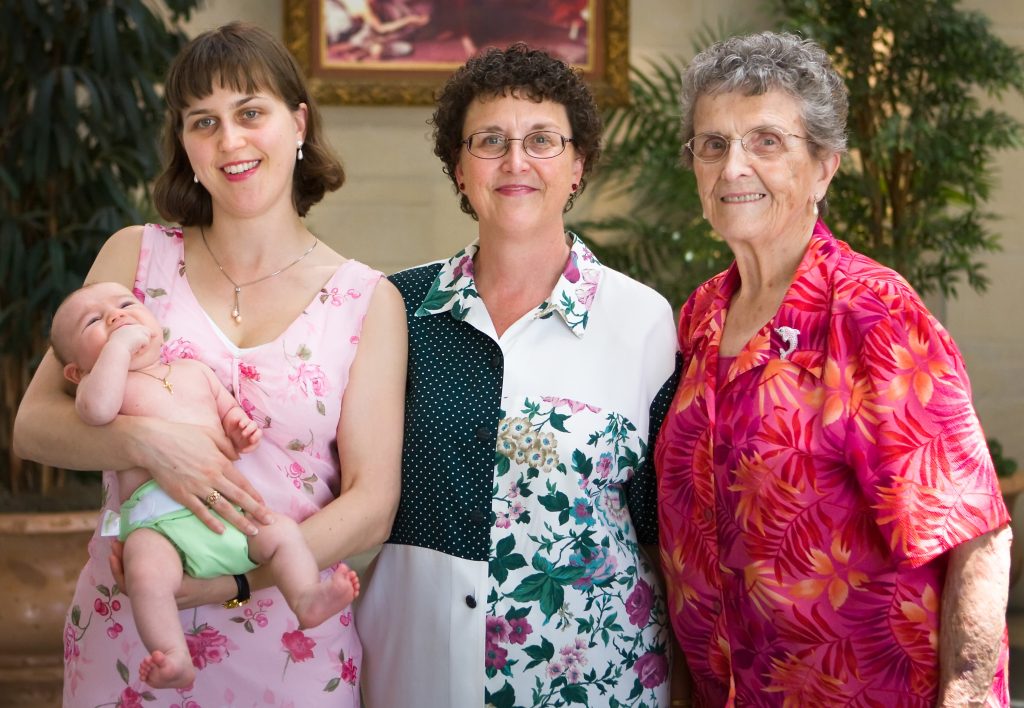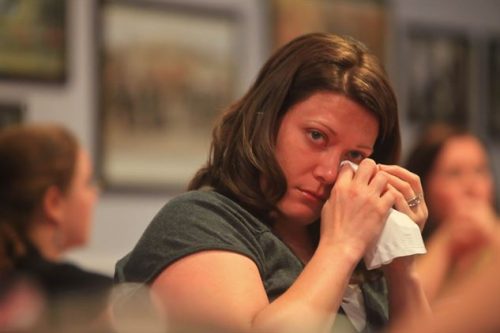
Nowadays, current research discovers disorders and diseases continually. The good news is continuous studies are dedicated to finding the latest cure and treatment modalities to prolong the life of the person.
If given a choice, people want to eradicate all types of diseases and disorders at once; however, the reality of the situation is the disease is common in all age groups: newborn, babies, kids, adults and elderly and it is inclusive than selective. A widespread family concern is having a family member diagnosed with Alzheimer’s disease. It is defined as a progressive cognitive deterioration that can affect middle adulthood and senior years of life. Medical research points out the cause of this mental illness to the destruction and degeneration of brain cells resulting in behavioral and psychological problems.
Upon learning that a family member is diagnosed with cognitive decline like Alzheimer’s disease, the consequences on the rest of the family can be too unbearable to handle. Each member grieves for the anticipated issues and role reversal shortly. It can also trigger various emotions such as frustration, sadness, anger, fear, and depression. Conflicts upon the realization of the diagnosis are frequent due to struggles on coming to terms with the drastic changes.
The family should help each other to address the concerns to prevent further any foreseeable crisis.
Equal Distribution of Tasks And Responsibilities

The level of aid and assistance will increase in the course of the disease progression. Thus, it is best to share the responsibility of providing as well as caring for a sick family member. Don’t assign or allow one person to accept the task of being the primary caregiver. All problems no matter how big it is frequently manageable when divided among a good number of individuals. The same goes for the case of Alzheimer’s disease. Furthermore, we don’t want another family member to get sick. Most of the time, primary caregivers are burned out and tend to neglect their own needs and health over those they are caring for.
Regularity Of Family Meetings
To ensure the quality of care, plan regular family gatherings or meetings especially those involved in the caregiving part. For those that cannot physically attend the meeting, they can be informed through emails or social media avenues. Better yet, having them in a webcam or teleconference is also a great alternative. The meeting should tackle each other’s challenges and discussion towards finding a solution. Anticipate some form of sacrifice and be open to meet halfway with each other’s problems. Sometimes, family meetings can raise some tension. If this happens most of the time, get help by having a mediator to attend the meeting. The mediator should not be a family member to prevent bias, but a person that is also knowledgeable and well experienced in this matter.
Honesty
To aid in the dispersal of any tension, discuss your feelings openly and constructively. If you feel overwhelmed or stressed, speak up and work on these feelings together to come up with more efficient ways to handle the burden of taking care of a loved one. Be sensitive to how you express your feelings, make sure not to point fingers or shame anyone else. Start statements by using “I.” Always keep an open mind to allow other family members to share their thoughts and feelings as well.

Avoid Criticism
Know that there are different correct ways of showing love and care. Respect each other caregiving abilities, styles, values, and expression of love. Be supportive and appreciative of family members who are in charge of daily hands-on care.